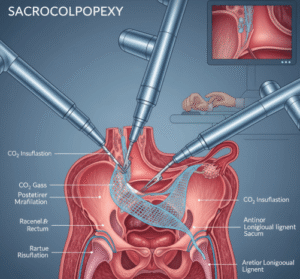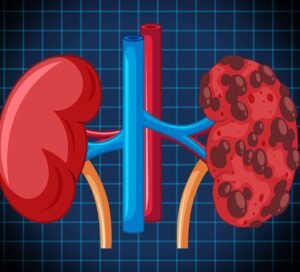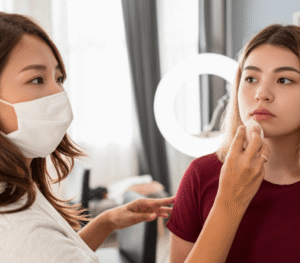Overview
Dysphagia refers to difficulty in swallowing and can occur at any stage of the swallowing process — from the mouth to the esophagus. It can range from mild discomfort to severe swallowing difficulties that impact nutrition, hydration, and overall health. In Korea, dysphagia is a common concern among the elderly, patients with neurological disorders such as stroke or Parkinson’s disease, and individuals with throat or esophageal conditions. Korea’s advanced healthcare system provides comprehensive diagnostic tools, rehabilitation therapies, and surgical interventions to effectively manage dysphagia.
What is Dysphagia?
Dysphagia is not a disease itself but a symptom of an underlying condition. It can be categorized into two main types:
- Oropharyngeal dysphagia: Difficulty initiating swallowing due to problems in the mouth or throat (common after stroke or neurological disorders).
- Esophageal dysphagia: Food or liquid gets stuck in the esophagus due to structural issues or motility disorders.
Symptoms
- Difficulty initiating swallowing
- Painful swallowing (odynophagia)
- Coughing or choking while eating or drinking
- Sensation of food being stuck in the chest or throat
- Regurgitation of food or liquids
- Hoarseness or voice changes
- Unexplained weight loss
- Frequent respiratory infections (due to aspiration of food or liquid)
Causes
- Neurological conditions: Stroke, Parkinson’s disease, multiple sclerosis, dementia
- Muscular disorders: Myasthenia gravis, muscular dystrophy
- Esophageal conditions: GERD, strictures, achalasia, esophageal cancer
- Structural abnormalities: Enlarged thyroid, tumors, or head and neck surgery aftereffects
- Aging: Weakening of throat and esophageal muscles
- Radiation therapy: Side effects in patients with head and neck cancers
Risk Factors
- Older age (common in Korea’s aging population)
- History of stroke or neurological disease
- Chronic acid reflux or esophageal disorders
- Head or neck surgery or radiation therapy
- Family history of esophageal diseases
Complications
- Malnutrition and dehydration
- Aspiration pneumonia (when food enters the lungs)
- Choking incidents
- Reduced quality of life due to fear of eating
- Increased hospitalizations in elderly patients
Prevention
- Treating acid reflux early to prevent esophageal damage
- Practicing safe eating habits (small bites, thorough chewing)
- Regular screenings for individuals with high risk (stroke survivors, elderly)
- Strengthening swallowing muscles with rehabilitation exercises
- Maintaining good oral hygiene to reduce aspiration risks
Treatment Options in Korea
Diagnosis:
- Videofluoroscopic swallowing study (VFSS) – a specialized X-ray commonly used in Korea
- Fiberoptic endoscopic evaluation of swallowing (FEES)
- Esophageal manometry (to check muscle movement)
- Endoscopy to detect strictures or tumors
- CT or MRI scans if neurological causes are suspected
Medical Treatments:
- Medications to treat GERD or esophageal inflammation
- Muscle relaxants for esophageal spasm
- Botox injections for achalasia in selected cases
Rehabilitation & Supportive Therapy:
- Swallowing therapy with speech-language pathologists (widely available in Korean hospitals)
- Diet modification: Soft, thickened, or pureed foods to prevent choking
- Posture adjustments: Special swallowing techniques and head positioning
Surgical or Advanced Interventions:
- Esophageal dilation for strictures
- Stent placement for severe narrowing
- Surgery for achalasia or esophageal tumors
- Feeding tube (PEG) in severe cases where oral feeding is unsafe
Integrated & Traditional Korean Medicine:
- Acupuncture and herbal remedies may be used as supportive therapies to strengthen swallowing muscles and improve digestion.













